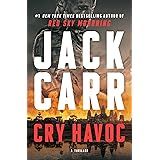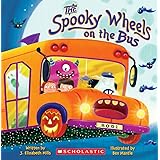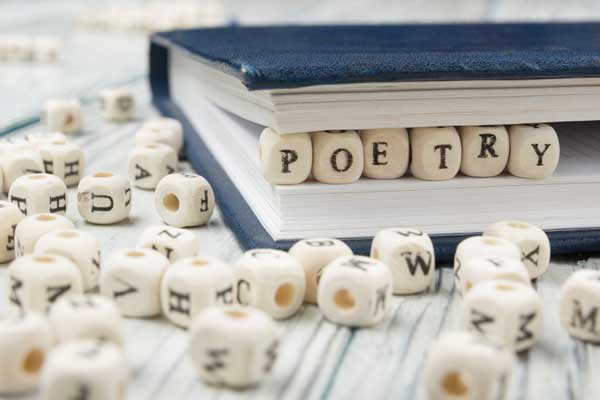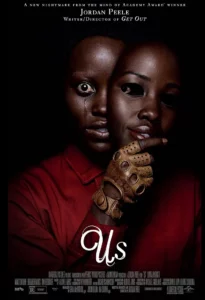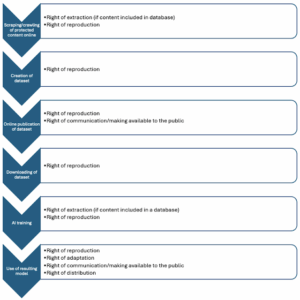“Unlocking New Realms: How a Second Language Can Transform Your Fictional Worlds”
Growing up speaking only English—ever felt like you were missing out on the colorful tapestry of language? You’re certainly not alone. This sentiment resonates with many of us raised in monolingual households, especially in the U.S., where exposure to foreign tongues often slipped through the cracks. Yet, there’s a whole world of storytelling waiting on the other side of language barriers! Did you know that being multilingual can significantly enhance not just your communication but also your creativity as a writer? When we dive into the linguistic pool of another language, we don’t just learn words; we unlock new ways of thinking and expressing ourselves. So, what if stepping outside of your linguistic comfort zone could transform your writing? Join me as we explore the profound ways bilingualism can enrich your storytelling, opening doors to experiences and insights you may have never imagined. LEARN MORE.

Being multilingual can help improve your storytelling in more ways than one
If you’re like me and many other US Americans, you grew up with English as your native and only language. Most of us born to non-immigrant parents were raised in monolingual households, and the most exposure we got to languages other than English was hearing foreign tongues spoken in public places or on the occasional TV program.
Few of us ever remedy this situation. Most Americans say they want to learn a second language, but almost none actually do. Only around 10% of us speak a second language proficiently — and the overwhelming majority of those are “heritage speakers,” meaning they learned from their non-English-speaking relatives. That means the percentage of Americans with no living immigrant relatives who are proficient in a second language is in the single digits.
This is a very, very bad thing all around, but it’s especially bad if you’re a writer. For authors, the benefits of becoming passably fluent in a second language are endless — and we don’t truly understand them until we put in the effort and do it.
Improved Reading Experiences
Writers need to read. There’s just no way around it. However, if our language skills are limited, our reading skills will be so too. Nowhere is this more apparent than reading works in their original languages for the first time.
If you never learn a second language, you never look at language from the perspective of an outsider, and thus you never develop a full and complete understanding of all the different parts of grammar, the nuances of syntax, the nonsensical nature and the endless variety of idiomatic expressions, etc.
You also never get to experience the plain fact that a translation can never convey the exact same information and feeling as the original. At its core, a translation is a betrayal of the text. No matter how hard the translator tries, something is always lost, whether it’s cleverness, beauty, humor, or even meaning.
Monolingual writers cannot understand the experience of reading works by writers from other cultures in their original languages until they…

